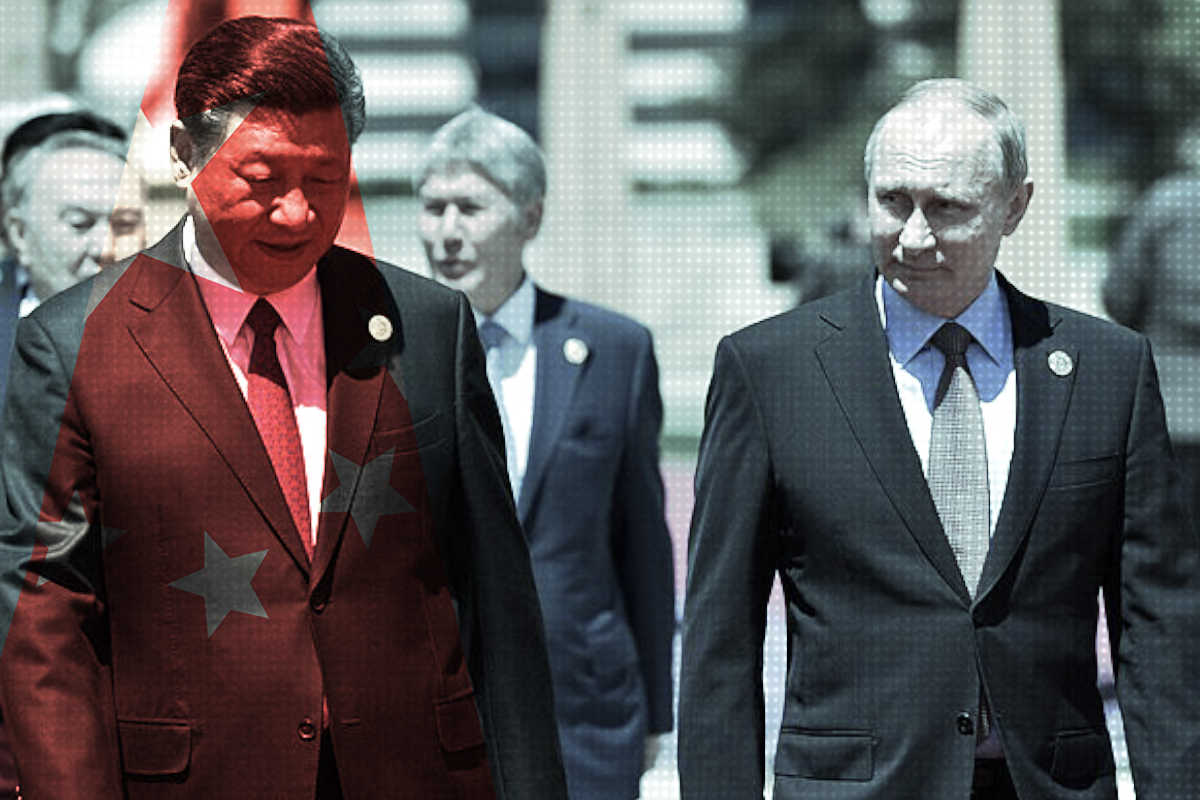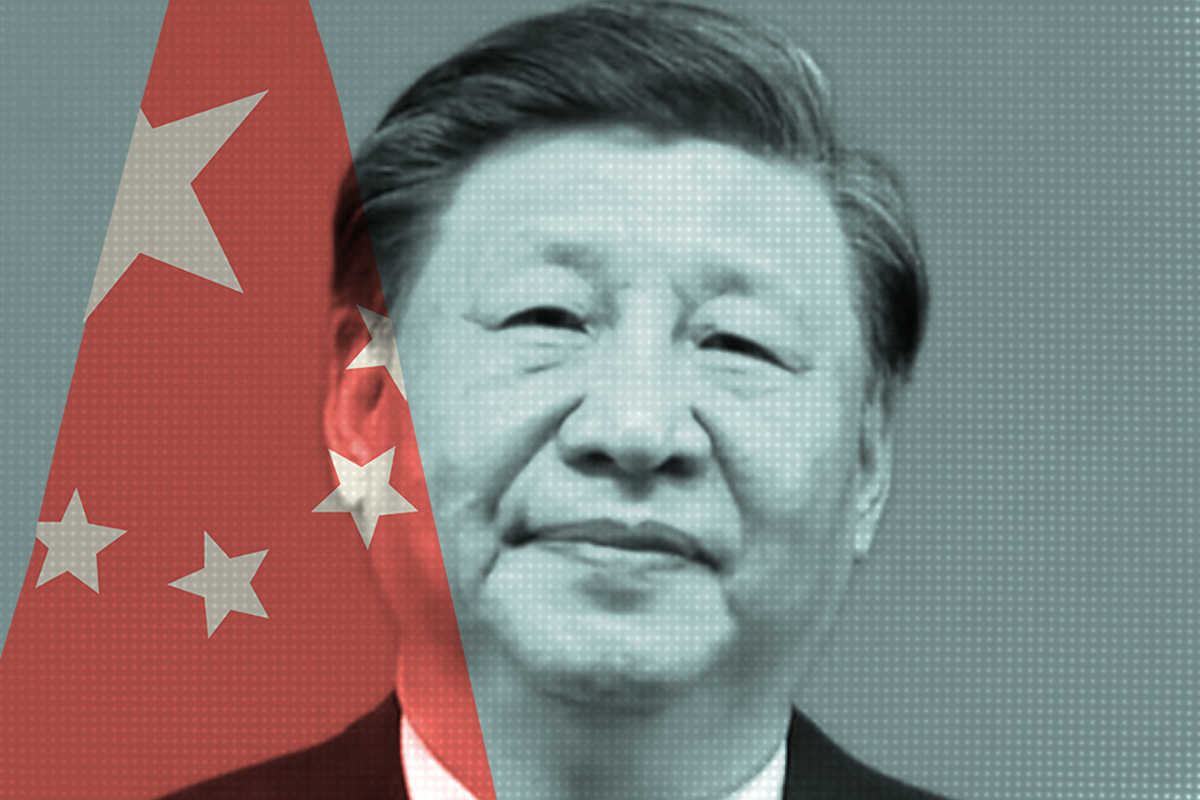CMP reported last week on a new assessment system for journalists in Anhui Province linking promotion to “positive” reports appearing in central party media. A report in Southern Weekend and available on Sina.com detailed how the system worked as an official glass ceiling for journalists seeking promotion to higher positions. The day after the Southern Weekend report appeared, Zhang Ping, a former editor at Southern Weekend who was removed in 2001 (along with CMP co-director Qian Gang), wrote that the Anhui system was a worrying sign that previously informal propaganda controls were now being formalized into laws and regulations.
Zhang Ping’s editorial is an important piece on the competing roles of media in an era of transition in China. A translation follows:
Southern Metropolis Daily
October 27, 2006
The Ridiculousness of Linking Professional Assessments [in Journalism] to Positive and Negative Reports
Chang Ping (Zhang Ping)
Someone recently asked whether if the journalism greats of the past lived in Anhui Province – for example, Shao Piaoping, or Oriana Fallaci, who was unbearable to so many national political figures, or many recipients of the Pulitzer Prize — would they be able to pass muster at professional assessments. The answer is NO, because lately Anhui Province has passed a standard for professional assessment that demands all editors and reporters yearly have a specified number of positive reports appearing in major central party media, and only then may be considered for higher-level professional positions.
This is a laughable and tragic question, because even without this latest regulation our journalist forebears [like those mentioned above] would have no way of being validated [owing to China’s political situation]. But this latest regulation is also a definite sign. It takes the original model of internal restrictions and writes them formally into laws and regulations, using numbers on positive reports about the Anhui region to assess the performance of news reporters. The regulations make specific qualifications based on the number of positive reports [that must appear in central media], anywhere from one to 30 depending on the position under consideration. At the same time it outlines the particulars of punishment for negative reports showing “errors of direction” [a reference to propaganda rule of “guidance of public opinion”]. Put simply this means you must sing my praises for X number of times, and if you scold me you’d better beware the consequences.
In this way party officials know the score: no matter how they do their own work, they can ensure that every year there will be plenty of positive reports appearing in central party media. In the extreme, this means that even if terrible things happen on a daily basis in Anhui, there will be an endless supply of good tidings [about the province] reaching the ears of central party leaders and the people.
Even as the ridiculousness of this idea is plain for all to see, local officials persist in defending it: how can a high-level press worker not know how to write a positive report? Or, put another way: even though the problems [of leadership] are objectively there, your writing about them is a matter of negative reporting that might negatively impact the image of Anhui – doing more positive reports is beneficial to the publicity work of the region.
When you hear such talk it might sound commonsensical. Well then, what exactly is the problem? The crucial issue here is confusion about the concept of news. In recent years central party leaders have promoted the use of supervision by public opinion [as one of the primary forms of supervision/media monitoring lower levels of power]. Scholars have pointed out that supervision by public opinion is actually a new concept. Before this, the news media were always regarded as the propaganda tools of the party, as political tools (in the class struggle, for example) to be used. When both of these notions [of what role media should play] co-exist, then the result is a kind of chaos.
What is news? An American scholar once said that it was much harder to define news than to find a news story . . . Everyone knows that news is new information, something that recently happened, or something that happened before that people are just finding out. This simple notion defines the essential function of news, and that is to satisfy popular demand for information. As demand for information becomes ever more important, it progresses to [the idea of] freedom of expression and from there is connected with the search for truth. In On Liberty J.S. Mill wrote that prohibiting freedom of speech is a great misfortune because it blocks a road to the truth.
[CMP Note: from chapter two of On Liberty]
“But the peculiar evil of silencing the expression of an opinion is, that it is robbing the human race; posterity as well as the existing generation; those who dissent from the opinion, still more than those who hold it. If the opinion is right they are deprived of the opportunity of exchanging error for truth: if wrong, they lose, what is almost as great a benefit, the clearer perception and livelier impression of truth, produced by its collision with error.”
The “right to know” which lately we’ve emphasized, is essentially about this basic function of news. As humankind entered modern times it made the discovery in the political realm of constitutional democracy, and thereby recognized distribution and balance of power as the basic principles governing society. The inclusion of news [or journalism] in this system of distribution and balance of power defined its importance over and above the [ideological] definition of truth — its importance, that is, as a means of supervising power (舆论监督). Thomas Jefferson, a principal drafter of the American Declaration of Independence, wrote that a free press should become a fourth estate independent of the executive, judicial and legislative branches of government, and that it represented the basic political power of the people.
When leaders of the central party emphasize watchdog journalism they are referring to the use of news, this new social function, within the framework of the constitutional government system. This [function in monitoring power] is already a common understanding in the international community. In order to strengthen this function various nations and the United Nations have passed laws and agreements safeguarding freedom of the press. In a number of developed nations in the West, in cases where conflicts arise between the press and politicians’ right to reputation, favor is shown to the press – as, for example, in the case of New York Times v. Sullivan in the United States [more here], which ruled that slander and libel could not be considered if “actual malice” was not shown.
Returning to this question of positive and negative reports, whether we are talking about the basic right to know [Western mode of journalism] or the idea of media induced to supervise power [Chinese supervision by public opinion], this idea [of positive and negative reports in Anhui] is not logically conducive.
If Anhui Province wants to assess its government employees, these standards of positive and negative reports may be more suitable; if this concerns assessment of professional skills for news reporters, then the expectation is highly unprofessional and should be abolished.
(The author is the deputy chief editor of Nandu Weekly)
[Posted by David Bandurski, November 3, 2006, 11:38am]




















